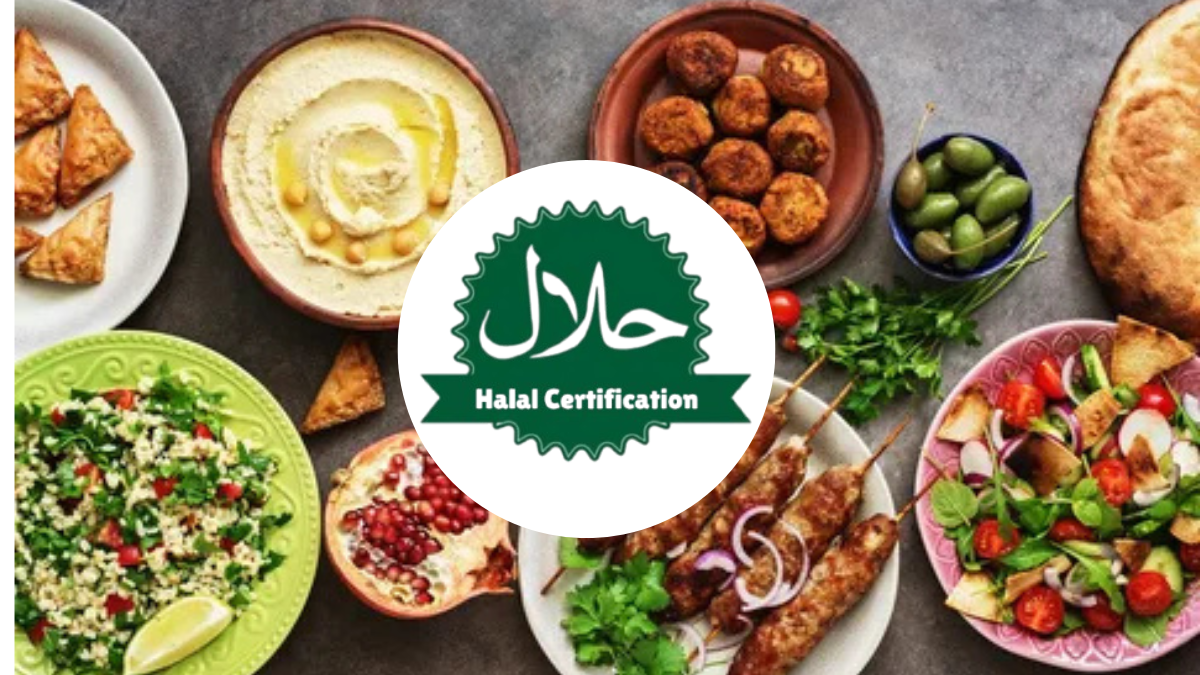
Halal certification has become an essential standard for businesses and consumers alike, ensuring that food and products comply with Islamic dietary laws. For Muslim consumers, halal certification is more than just a label—it represents trust, religious compliance, and assurance that the product meets strict requirements. Businesses that obtain halal certification gain access to a growing market that demands transparency and authenticity in food sourcing and production.
What Is Halal Certification?
Halal certification is a process by which products, particularly food items, are verified to meet Islamic guidelines. These guidelines include how animals are slaughtered, the ingredients used, and the handling processes to prevent contamination with non-halal substances. The certification is issued by recognized halal authorities who inspect and audit production facilities.
This certification plays a critical role in ensuring that consumers can confidently purchase items without concern about religious violations. Moreover, halal certification promotes ethical sourcing and hygiene, benefiting all customers regardless of faith.
Halal Food Certification and Its Global Reach
Halal food certification is not limited to any one country; it is a global system with international halal certification bodies working to maintain consistent standards worldwide. This global aspect is crucial for companies that export products, as many Muslim-majority countries require halal certification from trusted international agencies.
International halal certification organizations provide guidance on global best practices and maintain a registry of certified companies, making it easier for consumers and businesses to verify authenticity. This interconnected system helps protect the halal integrity of food products across borders.
Halal Certification in the USA: What Businesses Should Know
The demand for halal products in the USA is on the rise, driven by the growing Muslim population and increasing awareness of halal food benefits among non-Muslim consumers. Obtaining halal certification in the USA involves working with halal certification agencies that conduct thorough audits and inspections of food production, packaging, and supply chains.
The USA halal certification process is designed to meet both religious and legal standards, balancing compliance with local regulations and halal requirements. Companies that secure halal certification can significantly expand their market reach and build brand loyalty among Muslim consumers.
Halal Certification Services: How They Help Businesses
Halal certification services assist businesses by offering expert consultation, inspections, and certification issuance. These services evaluate ingredients, processing methods, and hygiene practices to ensure compliance with halal standards.
Working with a halal certification service can streamline the certification process for companies new to halal requirements. These experts help identify potential areas for improvement, train staff on halal practices, and ensure continuous compliance through regular audits.
What Are Halal Certification Fees?
Halal certification fees vary depending on several factors, including the size of the company, product range, and the certifying body’s policies. Typically, fees cover initial inspections, documentation review, annual audits, and certification issuance.
Understanding halal certification fees is important for businesses budgeting for certification. While fees can range widely, the investment often leads to greater market opportunities and increased consumer trust, outweighing the initial costs.
Benefits of Obtaining Halal Certification
-
Access to a Growing Market: The global halal food market is expanding rapidly, and certification allows businesses to enter this lucrative sector.
-
Consumer Trust: Halal certification reassures customers about product integrity and religious compliance.
-
Competitive Advantage: Certified halal products often stand out on shelves and online, giving businesses an edge.
-
Quality Assurance: The certification process encourages high standards in food safety and production.
How to Choose the Right Halal Certification in the USA
Selecting the proper halal certification body is crucial. Businesses should look for organizations recognized both locally and internationally, with transparent certification criteria and robust auditing processes.
Checking reviews, accreditation status, and customer feedback can help identify trustworthy halal certification services. It’s also important to consider the body’s expertise in the relevant food category and their ability to support ongoing compliance.
Conclusion
Halal certification serves as a cornerstone for consumers seeking products that comply with Islamic dietary laws, and for businesses aiming to serve this market responsibly. In the USA, halal certification opens doors to a diverse and expanding customer base while reinforcing quality and trust.
For companies considering halal certification, partnering with reliable halal certification services and understanding the associated fees are vital steps. Ultimately, halal certification is more than a label—it’s a commitment to integrity, quality, and respect for cultural and religious values.
Read more exciting news on a4everyone.org